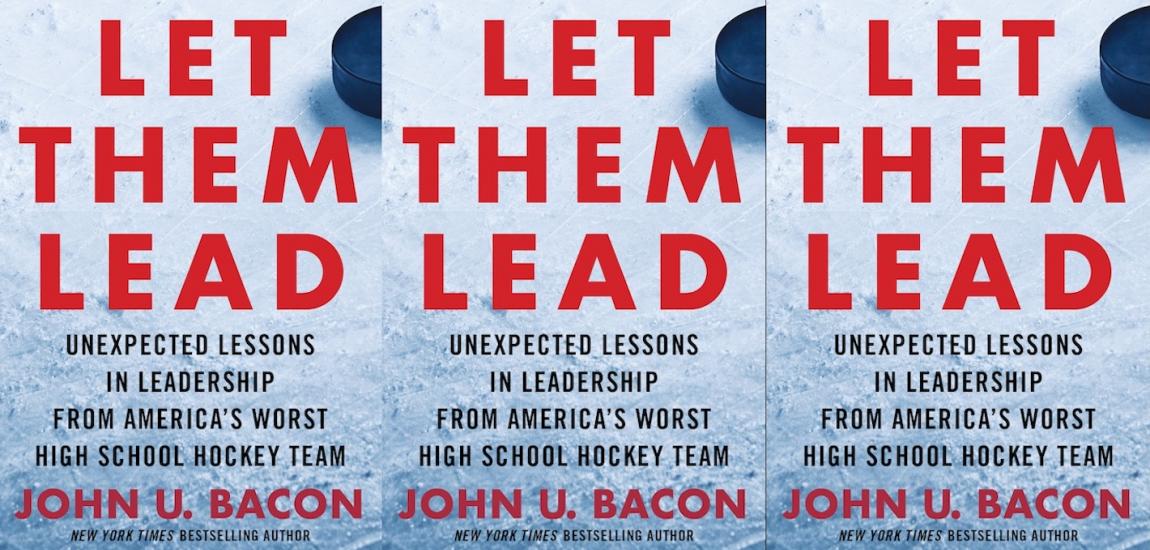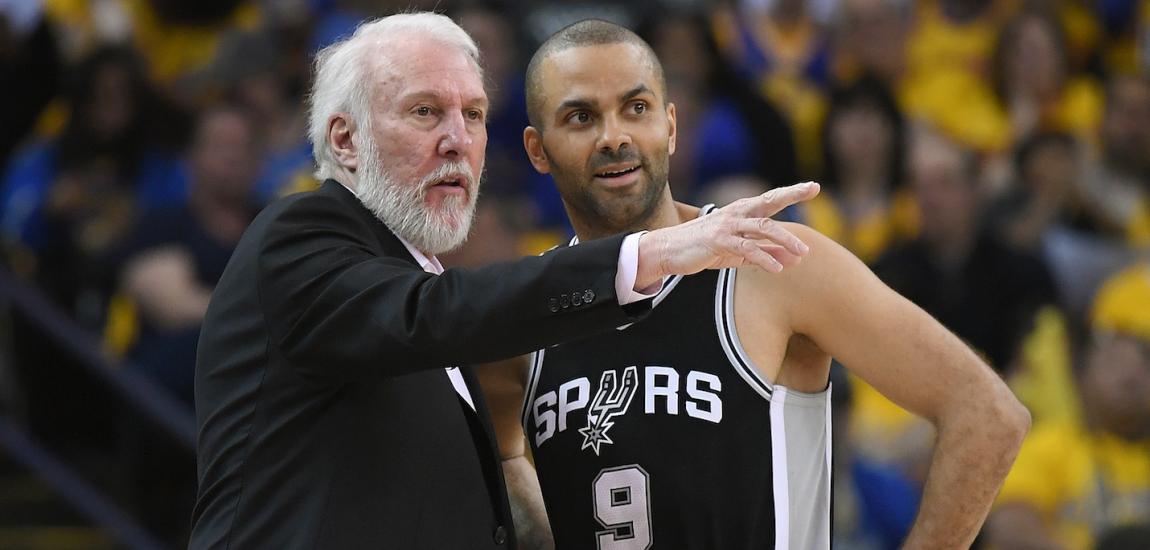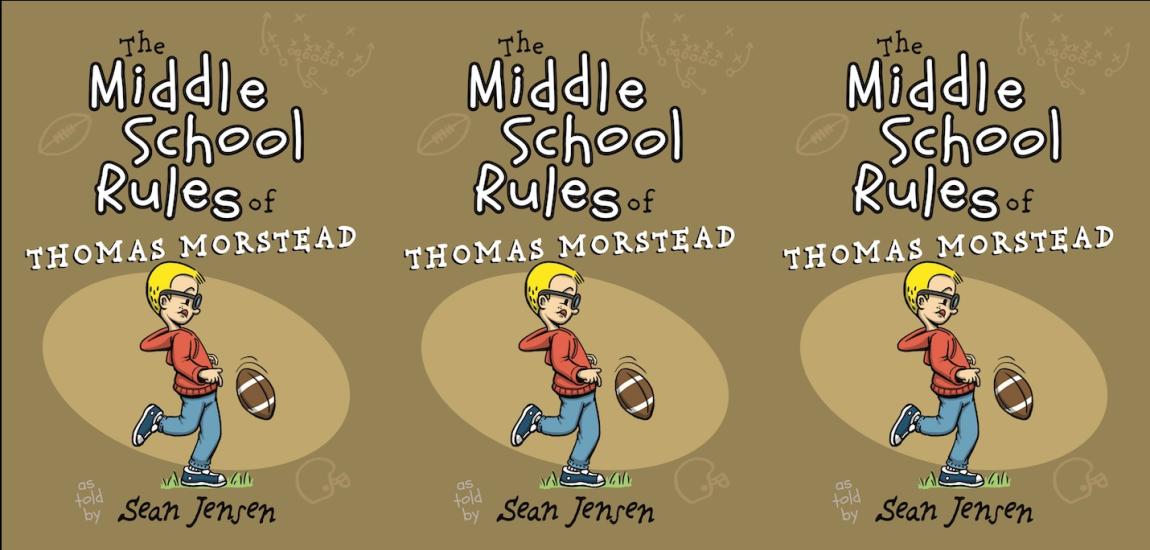Willie Stargell enjoyed a 21-year, Hall of Fame career as one of the most celebrated and revered players in the history of Major League Baseball. Beginning with his difficult childhood and revealing his encounters with fierce racial hostility while playing minor league ball in the south, Pops reveals how Stargell became one of the most feared hitters in baseball, a perennial All-Star and MVP candidate and World Series hero. Here is an excerpt:
The careers of Roberto Clemente and Willie Stargell span the entire Civil Rights Movement, but their approach to the political and racial turmoil of that time was as different as their personalities. Clemente, with his fierce pride, was closer in disposition and conduct to Jackie Robinson. The more successful he became, the more Clemente felt the need and responsibility to speak out for black athletes, both African American and Latin American.
In the 1960s, Clemente also became a role model for the Pirates' younger black players, ranging from Willie Stargell and Manny Sanguillen to Al Oliver and Dock Ellis. When Martin Luther King was assassinated in 1968, Clemente played a pivotal role in the Pirates' refusal to play its season opener in Houston and the team's eloquent public pronouncement that the Pirates, who had 11 black players, more than any other team in the major leagues, were acting out of respect for "what Dr. King has done for mankind." Baseball responded to the Pirates' action by delaying the opening of the 1968 season until after Martin Luther King's funeral.
Stargell, with his engaging and infectious personality, was closer, in his approach to racial issues, to Willie Mays, who charmed rather than defied the public and the press. He'd spent his teenage years in the 1950s growing up in Alameda, California, just across the bay from Oakland, where he lived in the projects with his mother, stepfather, and half sister, and attended the racially-mixed Encinal High School. He didn't experience any racial threats or confrontations in the projects or at school, but, in an interview in the early 1970s, he recalled, "I was exposed to everything any black kid gets to see. Pimps and con men, dope pushers, and gamblers. I could easily have taken the wrong road, but I always wanted to be a baseball player."

The irony of Stargell seeing baseball as the road out of the projects was that his first real encounter with racial hatred came once he signed a baseball contract in 1958 with the Pittsburgh Pirates. In 1959, his first year playing professional baseball, he was assigned by the Pirates to their Class D farm club in San Angelo, Texas. After the team struggled with poor attendance, it moved in midseason to Roswell, New Mexico, where it finished out the season.
The San Angelo/Roswell team played in a league made up of small cities and towns in midwestern Texas and southeastern New Mexico. It wasn't the deep South where so many black players, like Hank Aaron and Billy Williams, played minor league baseball in the 1950s on their way to the major leagues, but it was a part of the country where segregation was still the norm. It was an area that Stargell described in his autobiography as made up of "dust, ghost towns, pueblos, plazas, and a deep racial hatred toward Negroes."
Stargell had to deal with experiences that were common well into the 1960s for black minor league ballplayers. He was segregated from his white teammates except when they were together on the ballfield. He boarded with black families at home and on the road stayed at motels in the black section of town. When he was on the road, he either ate, out of sight, in the kitchens of diners or, if he wasn't allowed in the diner, had to wait on the bus until a white teammate brought food out to him.
But the worst of Stargell's experiences with racism in his first year in the minor leagues also became the most defining moment of his baseball career. It would test his courage and his commitment to playing baseball and his attitude and approach to racial issues and relationships for the rest of his life.

Walking to the ballpark for an afternoon game in Plainview, Texas, Stargell was suddenly confronted by a white man carrying a shotgun in his hands. In his autobiography, he vividly describes the encounter: "He didn't fool too long with me. He stated his purpose up front. ‘Nigger,' he told me, ‘if you play that game tonight, I'll blow your brains out.'" Stargell was terrified by the incident but he played baseball that night. Three years later he would step to the plate in a Pittsburgh Pirates uniform for his first at-bat in the major leagues.
Thirty years later, just after being named the Most Valuable Player in the 1979 World Series, he'd go back to that first year in the minor leagues and a time when he felt his "life was on the line." In an interview with Eliot Asinof, author of the acclaimed Eight Men Out, he remembered, "What hit me then was my surprise at the prejudice." When Asinof, who had encountered prejudice in the minor leagues as a Jewish ballplayer, said, "It can make a man bitter," Stargell responded. "You have to come to a decision as to who you are and what you intend to do with your life.... I knew I had to make the big decision—either play ball or go back home. But I wanted to play ball so badly, I said to myself I wasn't going to let nothing interfere. Nobody had the right to stop me from trying.... I just wanted to play ball."
In 1955, Roberto Clemente's rookie season, the Pittsburgh Pirates had just begun the integration of their roster. In December of that year, the Civil Rights Movement, led by Martin Luther King, took one of its biggest steps in Montgomery, Alabama, when Rosa Parks refused to give up her seat on a bus to a white man. When Willie Stargell began his rookie season in 1963, after a brief call-up toward the end of the 1962 season, the  Pirates had several black players on its roster, including Earl Francis, their starting pitcher on Opening Day. In late August of that year, Dr. King stood in front of a crowd of over 200,000 participants in the March on Washington rally and delivered his "I Have a Dream" speech.
Pirates had several black players on its roster, including Earl Francis, their starting pitcher on Opening Day. In late August of that year, Dr. King stood in front of a crowd of over 200,000 participants in the March on Washington rally and delivered his "I Have a Dream" speech.
The increasing integration of the Pirates that coincided with America's advancing Civil Rights Movement included, thanks to Pirates super-scout Howard Haak, both African American and Hispanic ballplayers. Haak, who was deeply involved in scouting Roberto Clemente for Branch Rickey, scoured Latin America and the Caribbean for the Pirates during the 1950s and 1960s and discovered a number of future World Series teammates of Stargell, including Manny Sanguillen, Omar Moreno, and Rennie Stennett. Sanguillen spoke for scores of Hispanic ballplayers signed by Haak when he said, "We thank God for him."
By the late 1960s, the Pirates had more black players on their roster than any other team in the major leagues. During the 1967 season they came close to making baseball history when they fielded an all-black starting lineup with the exception of pitcher Dennis Ribant. The Pirates manager that year was Harry Walker, the brother of Dixie Walker, who 20 years earlier had asked the Dodgers to trade him because he didn't want to be on the same team with Jackie Robinson. The Dodgers accommodated Walker by trading him to the Pittsburgh Pirates in 1948.
A racially divided Pittsburgh hardly seemed like a city suited for breaking down color barriers, but, thanks to its major university sports teams, it had already witnessed two historic racial breakthroughs in the '50s. In 1950, Duquesne basketball star Chuck Cooper became the first African American drafted by an NBA team when the Boston Celtics selected him in the second round and as the 12th overall pick in the draft. Six years later, when Pitt took the field against Georgia Tech in the 1956 Sugar Bowl, Pitt's outstanding defensive back Bobby Grier became the first African American to play in the Sugar Bowl.

Four years after the Pirates came close to fielding an all-black lineup, they joined Duquesne and Pitt in achieving a racial milestone in sports history. On September 1, 1971, manager Danny Murtaugh, just before a night game with the Philadelphia Phillies, filled out a lineup card with the names of nine black ballplayers. It was a major landmark in baseball, but it was hardly noticed in Pittsburgh because a pressman's strike had shut down the city's major newspapers on May 15 and wouldn't be settled until September 19.
Black players filled nearly half of the Pirate roster spots in 1971, so the all-black lineup also drew little attention from the players who were making history that night. Al Oliver, who started at first base, said he wasn't aware of the historic event because the Pirates usually had several black players in the starting lineup. Around the third or fourth inning, however, Oliver said that second baseman Dave Cash yelled over, "‘Hey, Scoop, we got all brothers out here.' You know I thought about it, and I said, ‘We sure do!'"
The Pirates went on to win the World Series in 1971, the franchise's first since 1960. When the Pirates took the field against the Yankees in the seventh and deciding game of the 1960 World Series, Roberto Clemente was the only black player in the starting lineup. The only other black players who appeared for the Pirates in the 1960 World Series were Gene Baker and Joe Christopher. The veteran Baker, who, with Ernie Banks, integrated the Chicago Cubs in 1953, was used by Murtaugh as a pinch hitter in three of the seven games. Christopher appeared as a pinch runner in three games. In the 1971 World Series, when the Pirates took the field for the seventh and deciding game against the Orioles, they had 10 black ballplayers on their roster and seven in the starting lineup. Only pitcher Steve Blass and first baseman Bob Robertson were white. When Pulitzer Prize–winning author David Halberstam searched for the year that was the turning point in racial relationships for baseball and the country he selected 1964. In his critically acclaimed October 1964, he celebrated the World Series champion St. Louis Cardinals for overcoming their early resistance to Jackie Robinson and becoming a fully integrated ballclub at a time when America was undergoing its civil rights revolution. In 1971, the World Series champion Pirates, without any notice from historians, achieved another landmark in baseball, by doubling the 1964 Cardinals in the number of black players on their World Series roster.

In 1971, Willie Stargell had the greatest season of his career. After coming into spring training in great physical shape, he set a major league record with 11 home runs in April. His performance was so impressive that he attracted attention from sportswriters from around the country. Dick Young, writing for the New York Daily News, described Stargell as "this year's man of April, this year's man to run humpty-six games ahead of Ruth's schedule, and two asterisks ahead of Roger Maris." When asked the reason for his success, Stargell replied, "No new stance, no new bats, just this new figure."
Hitting in the friendlier confines of Three Rivers Stadium, Stargell continued to challenge the home run records of Ruth and Maris until his chronic knee problems flared up in July. Playing in pain, he still managed to hit a league-high and personal-best 48 home runs and drive in 125 runs while leading the Pirates to the division title, though he struggled in the playoffs and the World Series. After the Pirates won the World Series, Stargell, believing that the player who helped his team the most deserved the honor, fully expected to be named the National League's Most Valuable Player.
The announcement that the Cardinals' Joe Torre had won the National League MVP Award came when Stargell was in the hospital recuperating from knee surgery. Like Clemente in 1960, Stargell was stunned by the announcement. "It was like a ton of bricks hitting me. I was disappointed and let down." When Clemente went through the same situation in 1960, he believed that the color of his skin and his heritage had cost him the honor. Stargell preferred to think otherwise, at least in public. "Though the postseason is not supposed to be considered when choosing a player for the league's MVP, I'm sure my poor showing in the playoffs and World Series cost me the award."

When Clemente didn't win the National League MVP award in 1960, he went on to play inspired baseball for the rest of the decade. He also publicly criticized the press for stereotyping black athletes, both African American and Latin American, and became a team leader in the Pirates clubhouse. In 1966, he became the first Latin American to win the National League MVP Award and The Sporting News Player of the Year. He also became involved in raising money for charities, and in 1970, when the Pirates honored him with a special night, he asked that the event also be used to raise money for Pittsburgh's Children's Hospital. After his triumph in the 1971 World Series, he announced plans to build a Sports City in Puerto Rico for children.
When Stargell didn't win the National League MVP Award in 1971, he, like Clemente, went on to play some of the best baseball of his career. He hit more home runs in the 1970s than any other player in the major leagues. After Clemente's death, he also, reluctantly, became the leader in the Pirates clubhouse and became a father figure for younger Pirates. During that period Stargell also became more active in Pittsburgh during the off-season in working with minorities, something he'd begun as early as the late 1960s when he did volunteer work with the Job and Youth Corps, in conjunction with the Pittsburgh's War on Poverty movement. He told Les Biederman, in a 1968 interview for The Sporting News, that he'd spent some time talking to teenagers living in the Hill District. "I asked them why they'd drop out of school and they said they couldn't go to classes without breakfast. Their parents had no money to give them for lunch, either…. The only clothes they had were on their backs.... I'd like to spend some time with them and show them how to get more out of life. I feel I owe it to them."

Stargell's reason in 1968 for wanting to work with black teenagers in Pittsburgh's Hill District most likely went back to the rioting that occurred there after the assassination of Martin Luther King. After King's death, the Hill, one of the most impoverished areas in the city and with a black population of over 95 percent, exploded with fire bombings and looting. After two days of rioting, the Pittsburgh Post-Gazette reported that nearly 1,000 arrests had been made and several people had suffered gunshot wounds. Pennsylvania governor Raymond Shafer closed the state's liquor stores and ordered the National Guard to Pittsburgh. Mayor Joseph Barr imposed a curfew on the city and ordered residents -- to little immediate effect -- to stay in their homes after dusk.
The rioting had no direct effect on the Pirates. After the brief postponement for King's funeral on April 9, they opened their season on April 10 in Houston. It did, however, threaten the Civic Arena, which was built in the Lower Hill at the base of Pittsburgh's Golden Triangle downtown area in the early 1960s after hundreds of black families were evicted from their homes. Two weeks after the rioting, it was where the ABA's Pittsburgh Pipers, a team with four black starters, including the controversial Connie Hawkins, hosted the first game of the league's playoff finals on their way to the ABA championship. In "An Unforgettable Team That Pittsburgh Forgot," Chris Elsey noted that, oddly, when only 2,665 showed up at the arena for the game, Pittsburgh sportswriters ignored the after-effect of the riots on attendance: "Instead journalists lashed out at readers for shunning the Pipers."
The most visible sign of Stargell's growing commitment to the residents of the Hill District came two years after the rioting, when he invested in former Pittsburgh Steeler Brady Key's All-Pro Chicken franchise and opened a restaurant just before the beginning of the 1970 season that became popularly known as "Chicken on the Hill, With Will." To promote the restaurant, Stargell offered free chicken to anyone in the restaurant waiting for an order when he hit a home run.

The flamboyant Pirate broadcaster Bob Prince loved the idea, and when Stargell came to the plate would yell out, "Spread some chicken on the Hill, Will." On one occasion, in a critical game, with the score tied in the ninth, Prince blurted out, as Stargell walked to the plate, "We need some chicken here and send the Gunner the bill." When Stargell connected, people, assuming that Prince was paying for anyone even near the restaurant, came pouring in for their free chicken. The bill for all the free chicken handed out that night, which Stargell delighted in giving to Prince, was for $400.
-- Excerpted by permission from Pops: The Willie Stargell Story by Richard "Pete" Peterson. Copyright (c) 2013 by Richard "Pete" Peterson. Published by Triumph Books. All rights reserved. No part of this excerpt may be reproduced or reprinted without permission in writing from the publisher. Available for purchase from the publisher, Amazon and Barnes & Noble.





